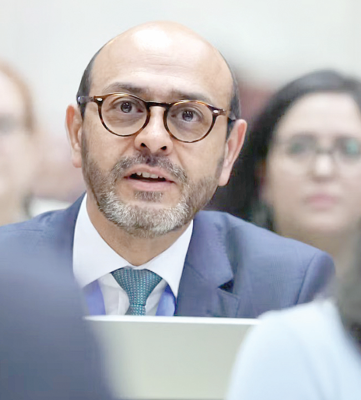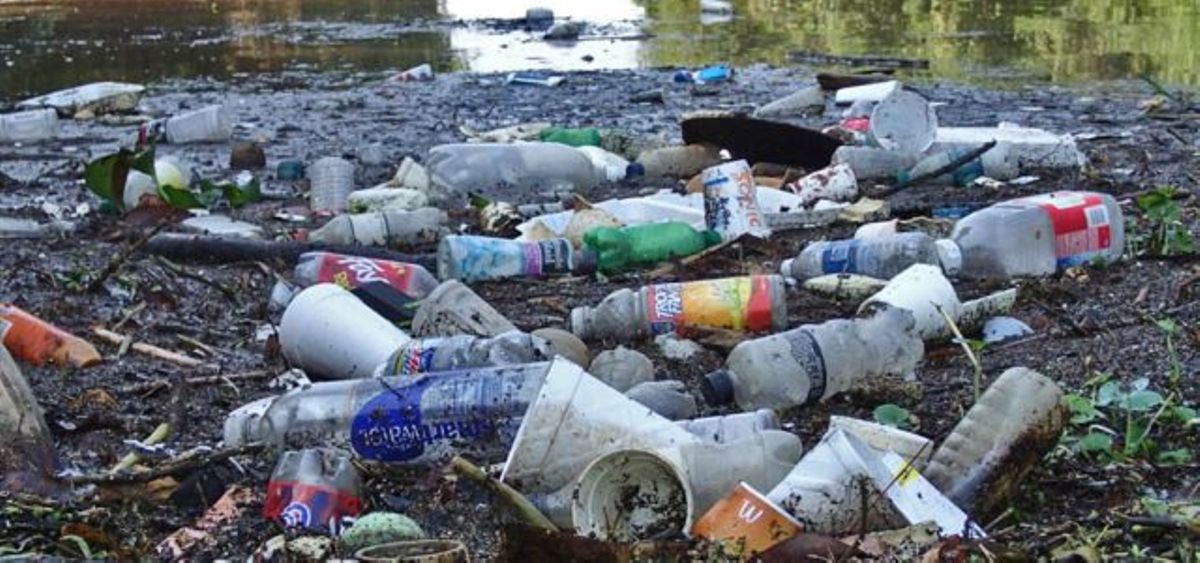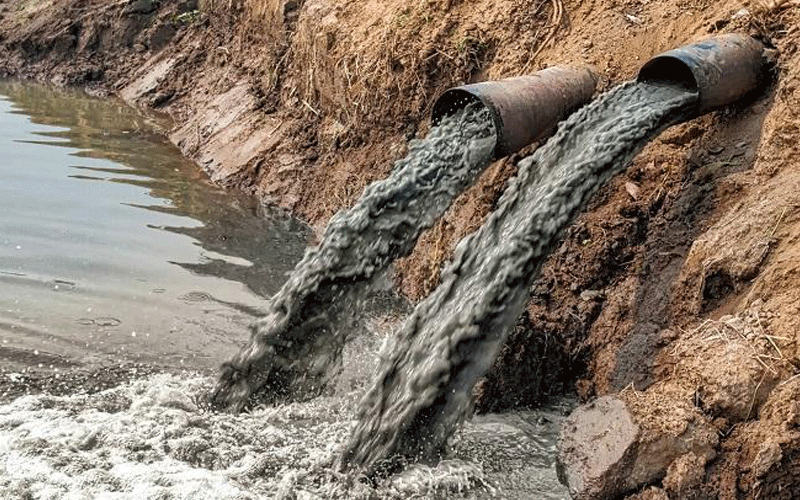Experts mull plan to eliminate hazardous plastic, chemical pollutants

Experts are closing on developing a robust plan to could steer the world out of burgeoning plastic pollution that poses costly hazards to human health, environment and marine life.
Some of the proposals being fronted are elimination from the market of some plastic products, and the avoidance of certain chemicals of concern in plastic products.
Noting that some countries and regional bodies have embraced initiatives to eliminate some plastic products and to ban the manufacture of harmful chemicals of concern, the efforts are fragmented to achieve any meaningful results.
Intergovernmental Negotiating Committee (INC) on Plastic Pollution chairman Luis Vayas said that although countries share similar ambitions of tackling the problem, they do not share the same legal and administrative structures that would allow for a “one size fits all” approach to plastic products and the chemicals of concern.
INC was formed after the fifth session of the United Nations Environment Assembly (UNEA-5.2) in 2022 to develop an international legally binding instrument to tackle plastic pollution. It works under the United Nations Environment Programme. The Committee will have its final sitting on the 25th of this month in Korea having held four sessions in Uruguay, France, Kenya and Canada respectively since its creation.
In his proposals that will form the basis of negotiation during the Korean session, Vayas underscored the importance of managing the production and consumption of plastics at sustainable levels by promoting resource-efficient design of plastic products.
Additionally, Vayas proposes to the committee that plastic materials can be repaired, reused, remanufactured or recycled and therefore retained, along with the resources they are made of, in the economy long enough thus minimizing the generation of more waste.
Ambassador Vayas also suggests that countries must enhance their plastic products technology and be honest about their chemical composition, which should be as per the relevant international standards and guidelines.
Complying with the standard measures, the INC boss says will help to reduce the use of primary plastic polymers and harmful chemicals.
“It will also increase the safety and durability of plastics products, and the ability to reuse, repair, recycle them and to dispose of them in a safe and environmentally sound manner upon their becoming waste,” Vayas emphasized.
In another proposal that could be a game changer in tackling plastic waste, the chair calls for the adoption of sustainable alternatives and non-plastic substitutes, including products, technologies and services by embracing the best available science, traditional knowledge, knowledge of Indigenous Peoples and local knowledge systems and their potential for waste reduction and reuse.
“Each Party (a nation or regional body made up of several countries) shall take measures to manage, reduce, and, where possible, eliminate emissions and releases to the atmosphere, soil, water and the marine environment from the production, storage, transportation, use and end of life management of chemicals of concern as used in plastic products, plastic products, plastic pellets, flakes and powder from the supply chain, microplastics during the production of plastics and microplastics and nano-plastics during use of products,” he added.
INC members are being urged to measures that the countries must adopt to manage plastic waste in an environmentally sound manner, based on the waste hierarchy and relevant guidelines developed under the Basel Convention on the Control of Transboundary Movements of











